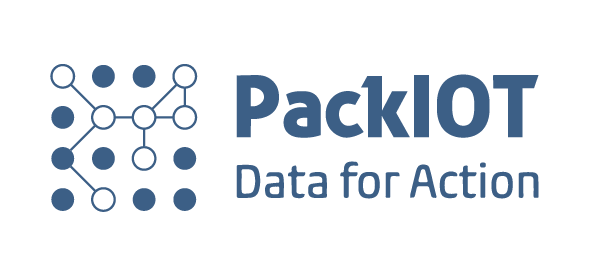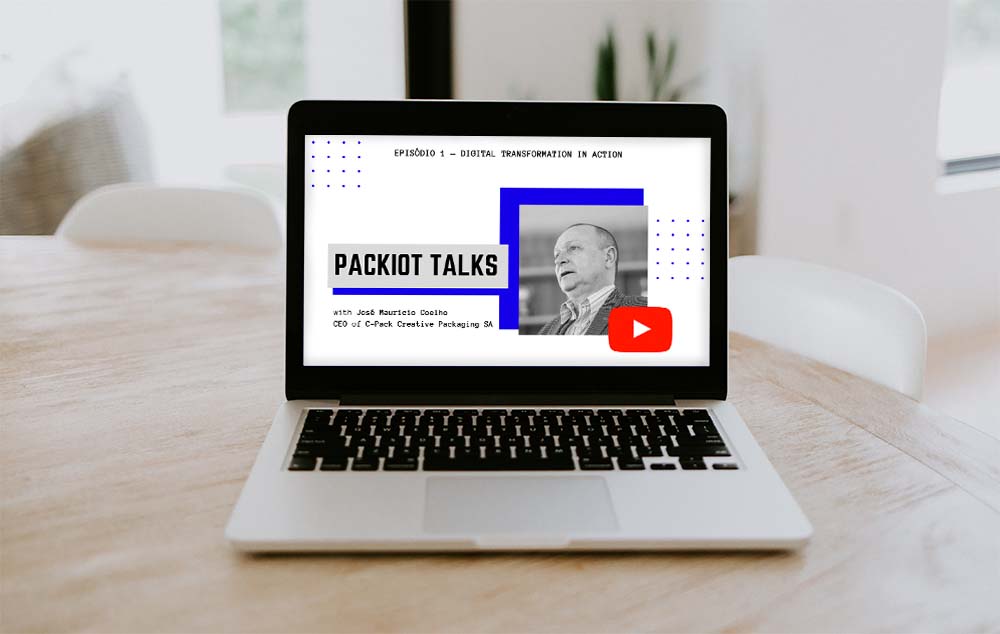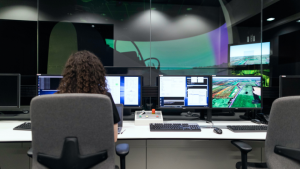Digital transformation is a topic that has been following us for quite a while. Since February/March 2020, we all saw how technology plays an important role in our lives, when we were saw ourselves forced to be in quarantine for two or more months straight. Suddenly our home became our office as well and seeing friends and family was only possible through a screen. Technology was our lifesaver during that period as it allowed us to keep in touch with each other. Companies who had not digitalized themselves until then, were forced to do so, in order to survive.
“I know this is a hard moment but it is also an important one, where all the technological resources are more required than ever before, not only in the industry 4.0. I think now we are talking about family 4.0, work 4.0. Everybody is migrating to 4.0”. – José Mauricio Coelho, CEO of C-Pack
José Mauricio Coelho, CEO of C-Pack Creative Packaging SA, has been following the evolution of technology over the years. He has been managing the implementation process of digital transformation projects. On this talk, he approaches the several obstacles he has come across with and which solutions he came up with to get through them.
C-Pack has PackIOT running in several lines. The implementation project started in 2019 and we have been working together ever since, to help the company reaching the desired results related to better data management of their production.
C-Pack is a Brazilian packaging manufacturer born in 2002 with one main objective: taking “sustainability from Brazil to the world”. The company produces plastic tubes that go from 5 up to 400 ml of a product. They count with a broaden product portfolio with several innovations related to low raw material consumption and sustainable resins.
“It is impossible to throw away complexity. It has to be faced! It is impossible to ignore it.” – José Mauricio Coelho, CEO of C-Pack
On this first episode of PackIOT Talks our guest tells us about his experience while managing digital transformation projects and how it is to be in charge of a factory during a pandemic period.




